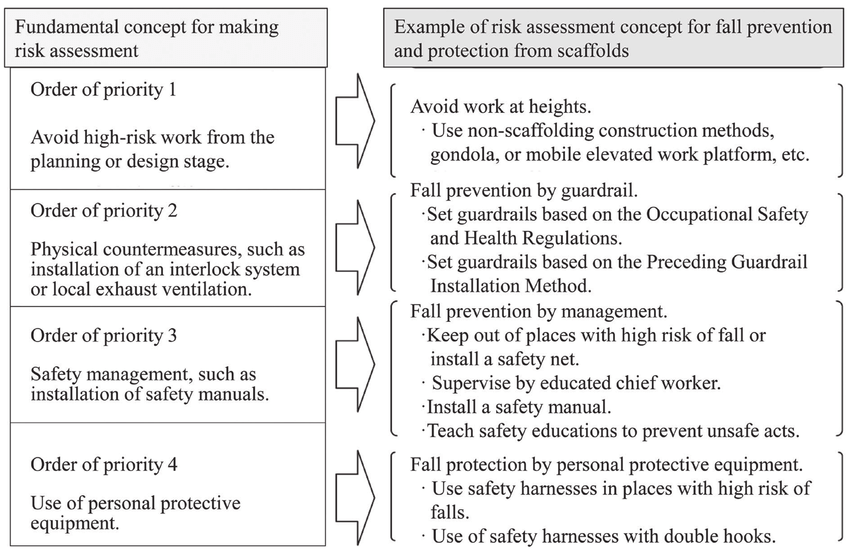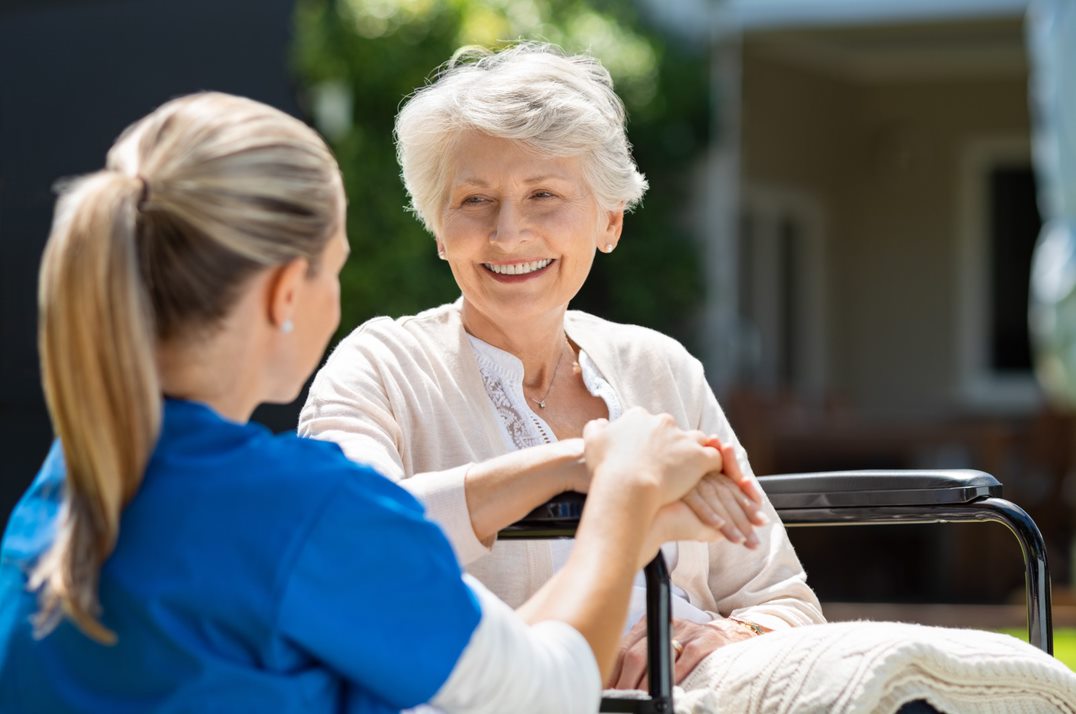Little Known Questions About Dementia Fall Risk.
Table of ContentsThe 20-Second Trick For Dementia Fall RiskFacts About Dementia Fall Risk RevealedThe Greatest Guide To Dementia Fall RiskThe Facts About Dementia Fall Risk RevealedMore About Dementia Fall Risk
The FRAT has three sections: drop risk status, threat variable checklist, and action strategy. A Loss Threat Condition consists of information regarding history of current falls, medicines, mental and cognitive condition of the client - Dementia Fall Risk.If the person ratings on a risk factor, the equivalent number of points are counted to the individual's autumn risk rating in the box to the far. If a client's autumn danger score completes five or greater, the person is at high danger for falls. If the patient ratings just four factors or lower, they are still at some threat of falling, and the nurse should use their finest scientific assessment to handle all autumn risk variables as part of an all natural care strategy.
These conventional approaches, as a whole, help develop a risk-free setting that reduces unexpected drops and defines core safety nets for all people. Signs are important for patients at threat for drops. Health care carriers need to acknowledge who has the condition, for they are in charge of applying actions to advertise person safety and prevent falls.
Dementia Fall Risk Things To Know Before You Get This
For instance, wristbands must include the person's last and initial name, day of birth, and NHS number in the UK. Details should be printed/written in black versus a white background. Just red color must be made use of to signify special person condition. These referrals are constant with current growths in individual recognition (Sevdalis et al., 2009).
Products that are too much may require the patient to connect or ambulate unnecessarily and can possibly be a hazard or add to drops. Helps protect against the client from heading out of bed with no aid. Registered nurses react to fallers' call lights a lot more promptly than they do to lights started by non-fallers.
Visual disability can significantly trigger drops. Maintaining the beds closer to the floor decreases the threat of drops and serious injury. Putting the cushion on the flooring significantly decreases fall risk in some health care settings.
The 25-Second Trick For Dementia Fall Risk
Patients that are tall and with weak leg muscle mass that attempt to rest on the bed from a standing position are most likely to fall onto the bed because it's too reduced for them to decrease themselves safely. Likewise, if a tall person efforts to rise from a reduced bed without aid, the patient is most likely browse around this site to fall back down onto the bed or miss out on the bed and drop onto the flooring.
They're developed to advertise prompt rescue, not to avoid falls from bed. Distinct alarms can also advise the person not to obtain up alone. The use of alarm systems can likewise be an alternative to physical restraints. Other than bed alarms, increased guidance for high-risk people likewise may aid avoid drops.

Clients with an evasion gait boost loss possibilities drastically. To lower fall danger, footwear should be with a little to no heel, slim soles with slip-resistant tread, and support the ankle joints.
A Biased View of Dementia Fall Risk
In a research study, homes with appropriate lighting record less drops (Ramulu et al., 2021). Renovation in lights at home may reduce loss prices in older grownups.

Sitters are reliable for assuring a protected, secured, and risk-free setting. Nonetheless, studies demonstrated very low-certainty evidence that caretakers decrease fall danger in severe treatment hospitals and only moderate-certainty that choices like video surveillance can decrease caretaker usage without raising autumn risk, recommending that caretakers are not as beneficial as initially believed (Greely et al., 2020).
Some Known Facts About Dementia Fall Risk.

Raised physical fitness lowers the risk for drops and restricts injury that is sustained when fall takes place. Land and water-based workout programs here are the findings may be likewise beneficial on balance and gait and therefore reduce the danger for drops. Water workout might contribute a favorable benefit on equilibrium and stride for females 65 years and older.
Chair Surge Exercise is a basic sit-to-stand workout that aids strengthen the muscle mass in the upper legs and butts and boosts mobility and self-reliance. The goal is to do Chair Increase workouts without making use of hands as the customer becomes stronger. See resources section for a detailed direction on exactly how to do Chair Increase workout.